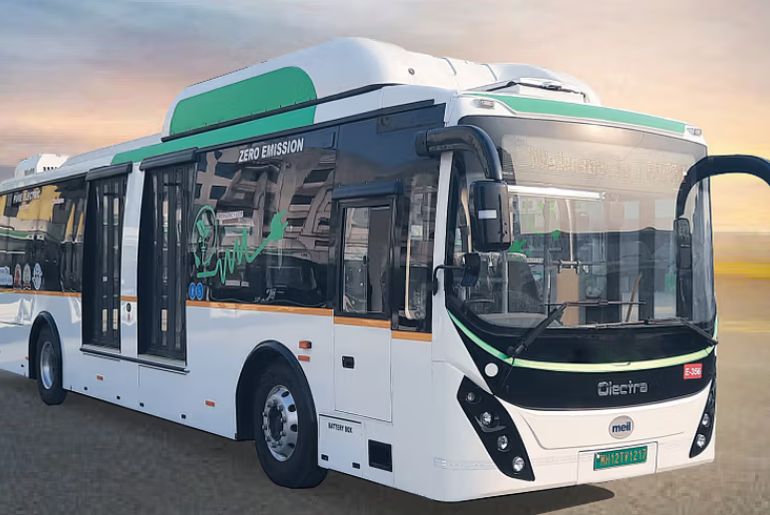In a major push toward clean and sustainable mobility, the Indian government has announced plans to deploy 3,000 electric buses across Maharashtra under the newly launched PM e-Drive scheme. The initiative is part of the Centre’s broader strategy to accelerate electric vehicle (EV) adoption and reduce dependence on fossil fuels while cutting urban air pollution levels.
The PM e-Drive scheme, spearheaded by the Ministry of Heavy Industries (MHI), focuses on improving public transportation infrastructure through the integration of electric buses into state transport undertakings (STUs). The move aligns with India’s net-zero emission targets for 2070 and the government’s ongoing efforts to enhance last-mile connectivity with sustainable, zero-emission mobility solutions.
According to the ministry, Maharashtra will be among the first states to benefit from the scheme, with an allocation of 3,000 e-buses across multiple cities, including Mumbai, Pune, Nagpur, and Nashik. These buses will operate under a Gross Cost Contract (GCC) model, ensuring operational efficiency and lower lifecycle costs compared to conventional diesel buses.
The Centre and the state government will jointly fund the initiative, offering subsidies to make electric buses more financially viable for local operators. The deployment will include state-of-the-art charging infrastructure, including fast chargers at depots and opportunity charging points along major routes to ensure uninterrupted service.
Officials stated that the PM e-Drive scheme is designed to complement existing programmes such as the FAME India Scheme (Faster Adoption and Manufacturing of Electric Vehicles) and the National Electric Bus Programme (NEBP). Together, these initiatives aim to strengthen India’s clean mobility ecosystem by enhancing domestic EV manufacturing capabilities and encouraging public transport electrification at scale.
The e-bus rollout will also contribute significantly to reducing carbon emissions and noise pollution while enhancing passenger comfort and safety. Advanced features such as regenerative braking, GPS-based tracking, and digital ticketing systems will be integrated into the new fleet to deliver a modern and efficient travel experience.
With growing concerns over urban air quality, the PM e-Drive scheme underscores India’s determination to transition toward eco-friendly, high-performance public transportation systems. The introduction of 3,000 electric buses in Maharashtra marks a pivotal step in the nation’s electric mobility roadmap and sets a precedent for other states to follow.

